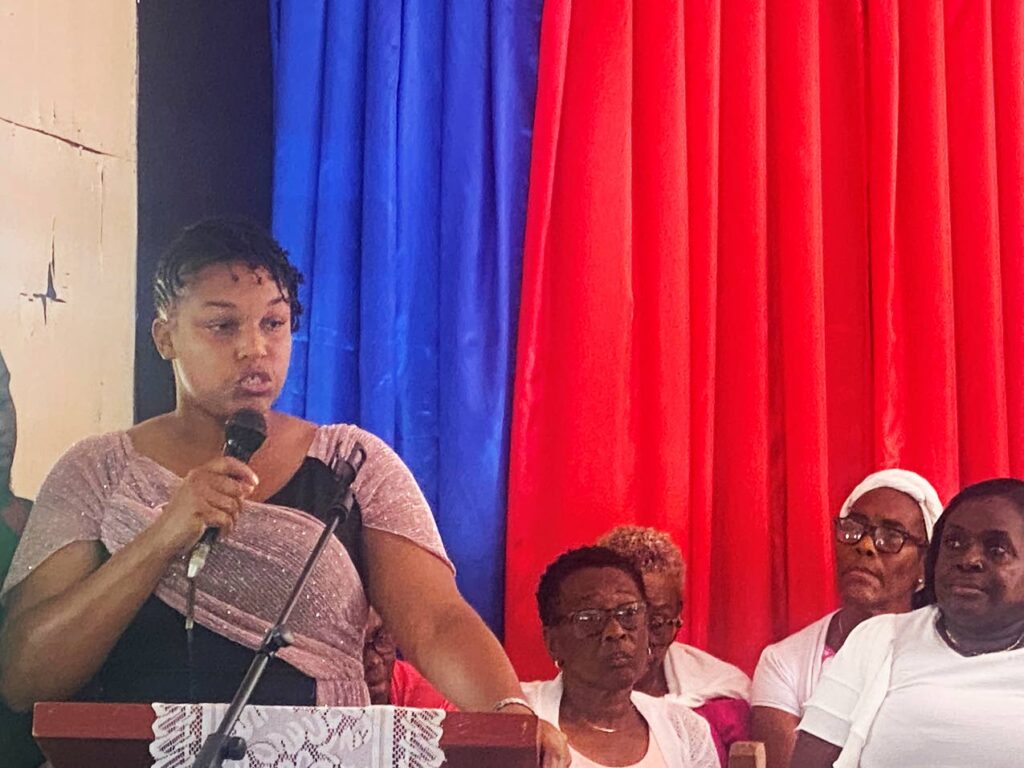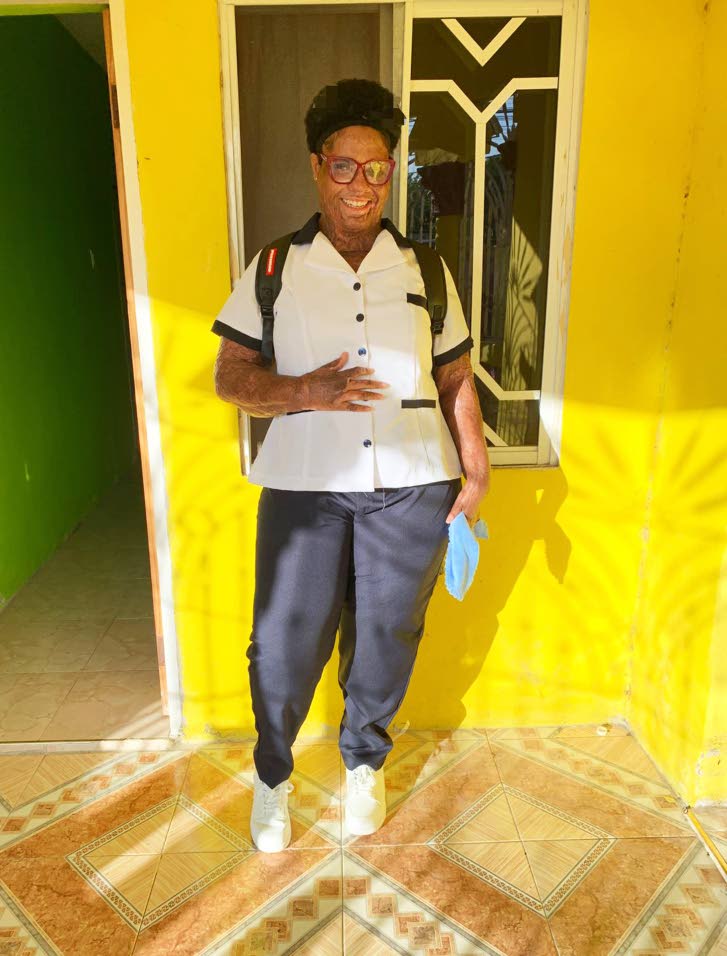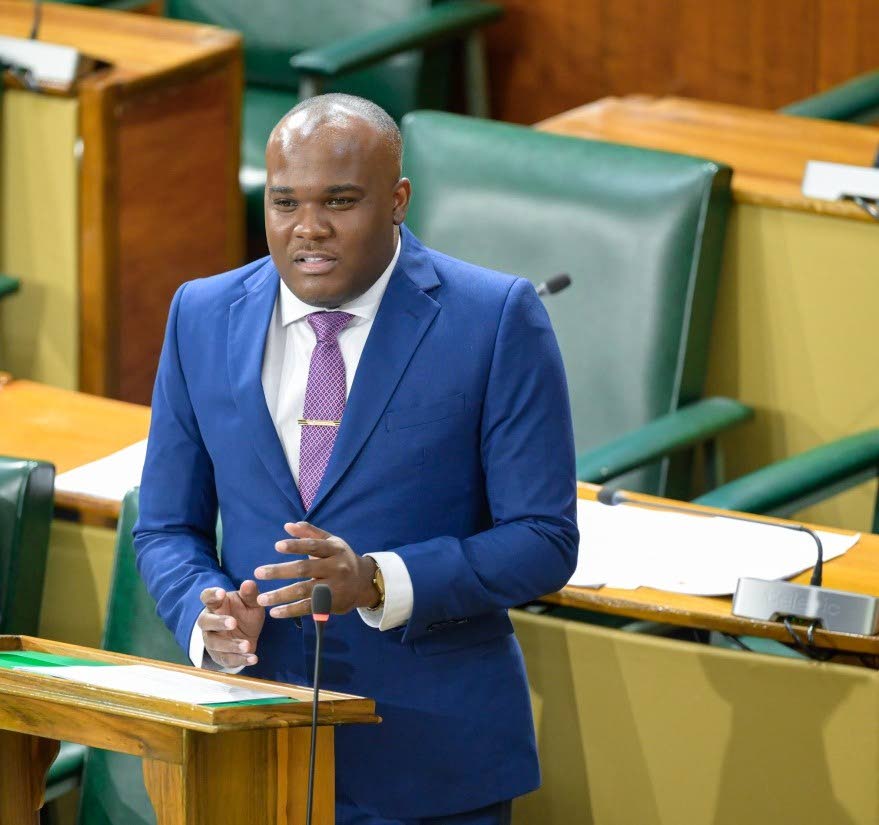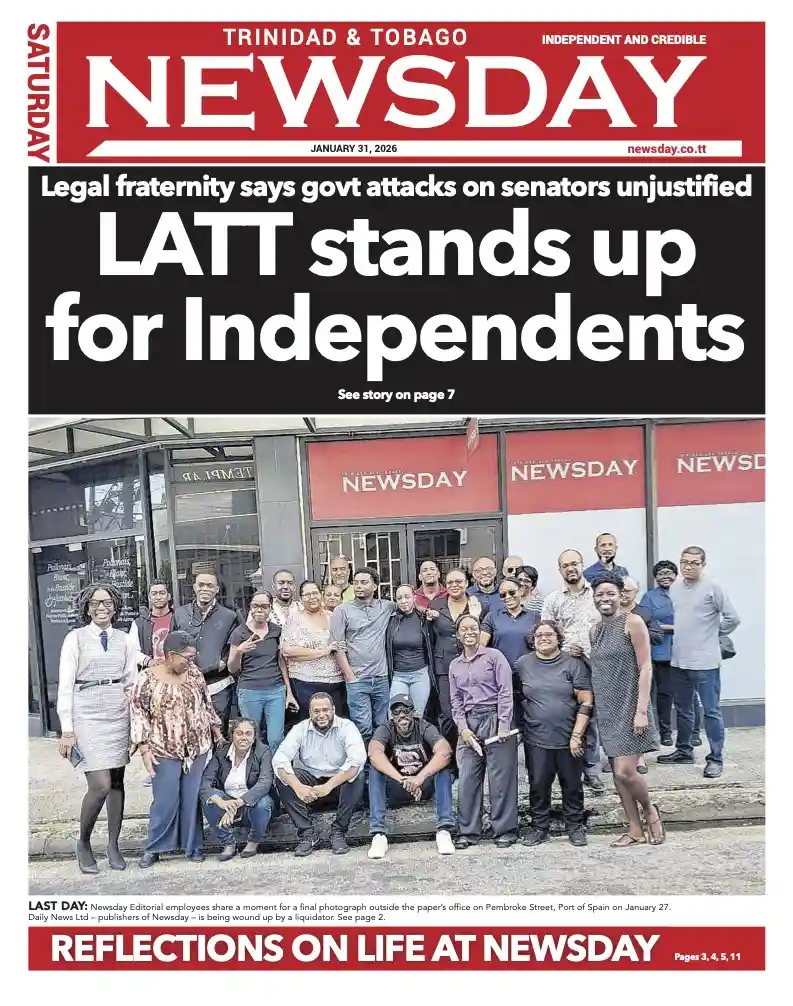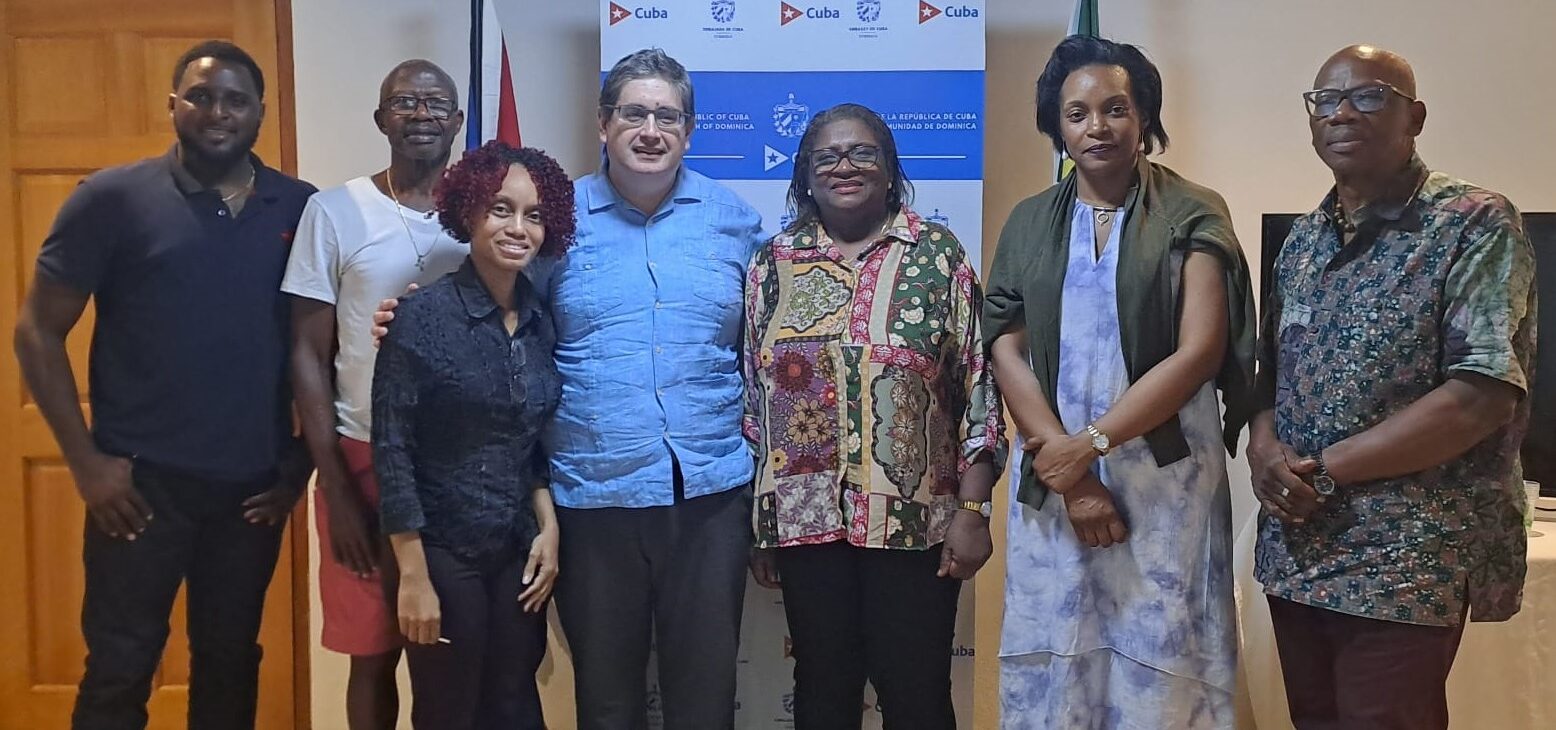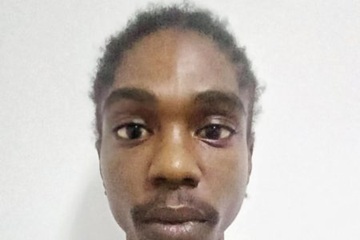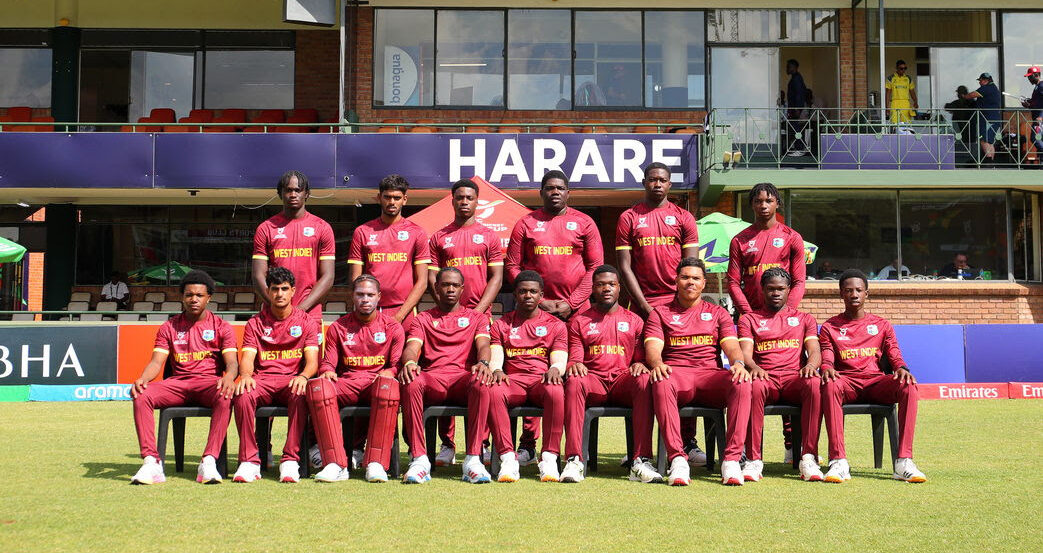CROSS KEYS, Manchester — A community united in grief witnessed an extraordinary display of spiritual fortitude Friday as Samantha Biggs addressed congregants at her nine-year-old daughter’s funeral service. Defying expectations, the bereaved mother delivered a powerful eulogy at Cross Keys Church of God of Prophecy, attributing her composure to divine intervention rather than personal strength.
“Many may find my presence here surprising,” Biggs acknowledged before the assembled mourners. “Yet I felt compelled to speak today. I am sustained by the conviction that power exists to secure justice for Amoya Moore.” Her declaration resonated through the sanctuary, generating supportive affirmations from attendees.
The tragedy occurred December 9 when Amoya, a fourth-grade student at Villa Road Primary School, was fatally struck by a garbage truck moments after exchanging morning greetings with its crew. The incident occurred mere meters from her family residence in Bonitto Heights, Mandeville, at approximately 7:00 am.
In emotionally raw remarks, Biggs rejected conventional eulogy conventions: “I will not offer polished speeches that might deepen my anguish. My child is physically absent, yet her spirit remains ever-present within my heart and memories.” She described the aftermath as “profoundly traumatic,” noting the particular difficulty of mornings without her daughter’s vibrant presence.
Investigation updates remained unavailable from Mandeville police through Friday. An alleged eyewitness expressed frustration to local media, claiming investigators had not collected their statement despite willingness to cooperate.
School Principal Brent James memorialized Amoya as an “impactful student” known for radiating joy and respect. He recalled her habit of addressing staff with familial terms—calling him “daddy”—and shared a poignant memory of her abandoning her father’s hand to embrace him during a chance meeting.
The school announced establishment of a memorial scholarship honoring Amoya’s characteristics, with stakeholders pledging support to perpetuate her legacy. The ceremony concluded with peers from Villa Road Primary weeping openly during musical tributes, their grief mirroring the community’s overwhelming loss. Amoya’s pink casket featured photographs alongside the inscription: “Rest peacefully, our angel.”
